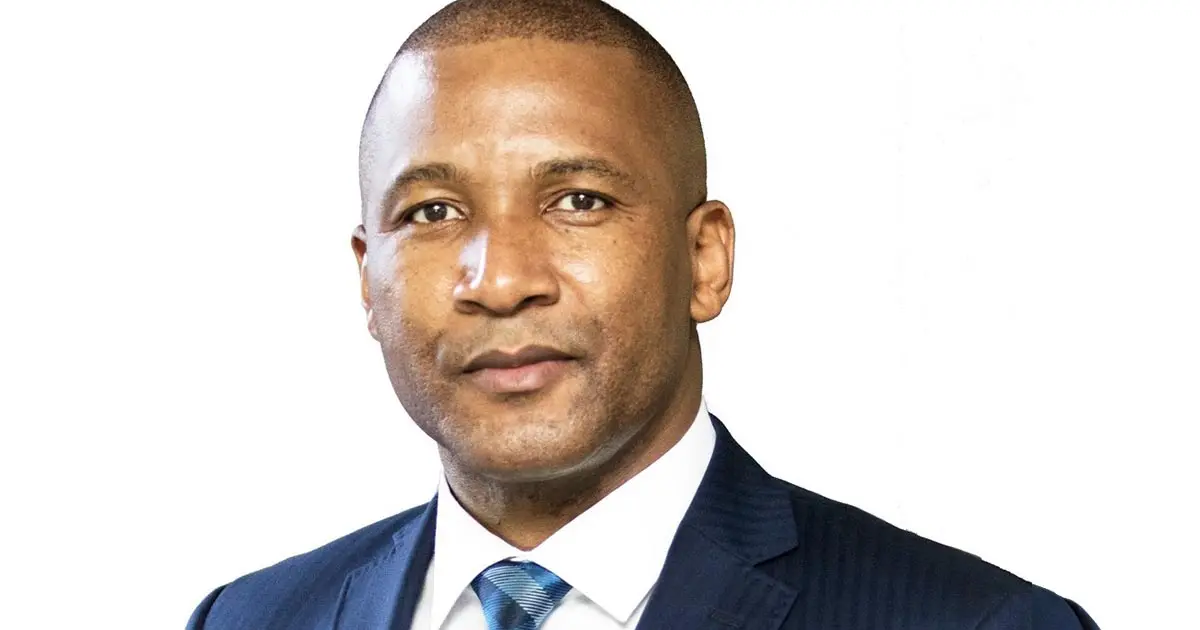Africa is sprinting toward AI adoption, with nations like Kenya, Zambia, and Nigeria unveiling national strategies in 2025, aiming to harness the tech for economic leaps—potentially adding $2.9 to $4.8 billion by 2030. Yet, this haste masks a glaring flaw: policies often mimic Western models, ignoring the continent’s gritty realities like informal economies, data scarcity, and infrastructural black holes. The result? A facade of progress that risks entrenching inequalities rather than erasing them.
Take the copy-paste trap. Nigeria’s Data Protection Regulation apes Europe’s GDPR but skimps on essentials like child data rights and breach notifications, leaving vulnerabilities wide open.
Experts warn this Western echo chamber fails because Africa’s AI ecosystem is dominated by imported tools that amplify biases—facial recognition errs 34% on Black women versus 1% on white men. Without localization, these policies sideline local voices, prioritizing investor allure over human rights, as seen in Ghana’s open-door approach versus Rwanda’s security-first stance.
Deeper still, the rush puts the cart before the horse. Zambia’s 2024-2026 strategy promises AI in healthcare and agriculture but grapples with unrealistic timelines amid power outages and digital divides.
Kenya’s 2025-2030 plan touts ethics and R&D, yet lacks clear mechanisms for global governance roles or equitable benefit-sharing. Africa’s AI talent pool is a mere 3% of global, data centers under 1%, and energy demands clash with ecological limits—issues unaddressed in hasty drafts. This isn’t innovation; it’s a geopolitical gamble, where foreign data ownership erodes sovereignty and exploitative partnerships echo colonial resource grabs.
The depth of the dilemma lies in its ripple effects:
unbridled AI could widen the chasm between elites and the masses, exacerbating unemployment in a youth-bulging continent. Policies forged in isolation risk “technosolutionism,” peddling AI as a cure-all for corruption and poverty without tackling root causes.
For a pivot, Africa must forge participatory paths—emulate the EU’s inclusive consultations, build homegrown enablers like local datasets and AI councils, and harmonize via the AU’s Continental Strategy.
The $60 billion Africa AI Fund is a start, but true depth demands policies “with Africa, by Africa, for Africa.” Otherwise, the AI boom becomes another imported illusion, deepening divides instead of bridging them.





I don’t think the title of your article matches the content lol. Just kidding, mainly because I had some doubts after reading the article.